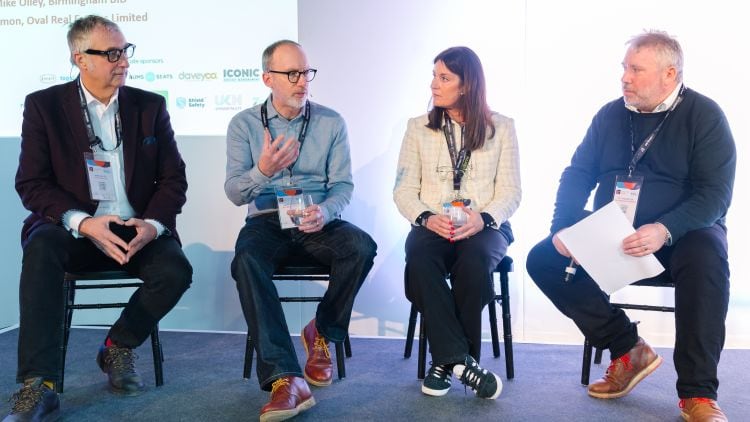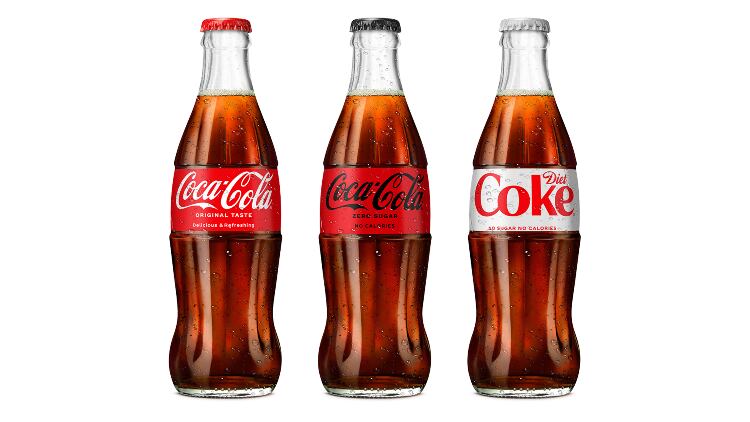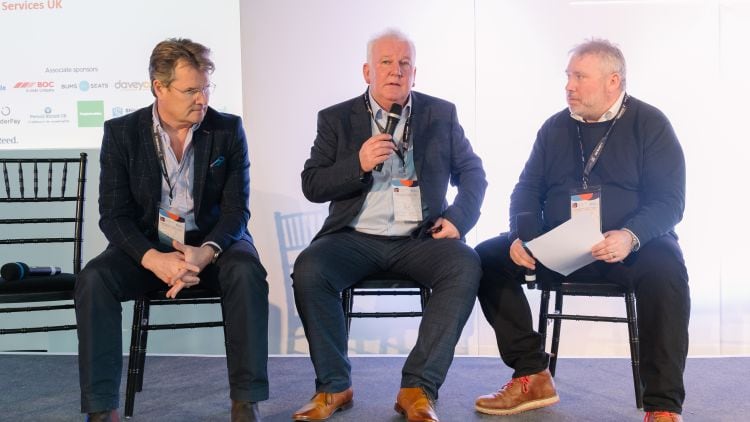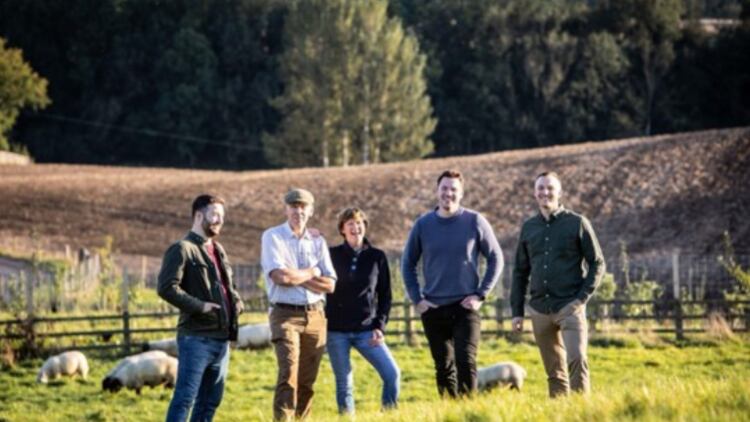The conference took place at Canopy at the Bond, in Digbeth earlier this month (Thursday 2 March).
At the event, Oval Real Estate’s Jo Salmon, Westside BID’s Mike Olley and operator of Bitters N’ Twister Matt Scrivens outlined what the city is like to operate in.
Scrivens said: “Birmingham was a bit of a desert, people didn’t want to come to Birmingham but over the years, there have been a lot of big changes, which have led to big operators coming in.
“These days its significantly different to how it used to be. When I first started, independents in Birmingham were scared to open venues, they didn’t know what to expect, what Birmingham was or how to make a success.
“Certainly in the past five years, we’ve seen a lot more independents that have been willing to make the effort, to open something because they’ve had the confidence after seeing Birmingham change and develop.
“We’ve seen ideas that have been got from other places and put into Birmingham. Off the back of that, we’ve also had a significant influx of big national brands such as Be At One, Albert Schloss.
“Birmingham has been very much a stopping point on the national expansion of a lot of the big brands.”
Continuing to look at how the city has evolved, Scrivens laid out what it was like more than a decade ago and what has changed in the time he has operated there.
Immeasurable changes
He said: “Going back about 17 years ago, the first 10 years were very bleak, it was very difficult. It has been put much more on the map in the past five to seven years and has changed immeasurably with things like the Bullring.
“Birmingham has always been a challenging market because it didn’t really have a city centre. You had lots of pockets like Digbeth, like the Jewellery Quarter, Arcadia, people just got spread around.
“It’s only when new venues have opened up that changed things visibly and for me when the Botanist came in 2015 and they located back in the city centre and it's almost like it was a tick to a lot of other operators that the city centre, we are very busy, it's worth spending the money, come and join us.
"Off the back of that, there have been thereafter a accumulation of national operators in the city centres, a lot of independents around and about. Digbeth is one of those destinations for a lot of independents.
"The patchwork quilt of how the city looks has developed more off the back of that because of the city centre just popping."
From a customer point of view, Olley estimated the number of people living in the area who are potential customers for those considering operating in Birmingham.
He said: "We have now got five or deven, pushing towards 10,000 people living in our city centre, living in and around Broad Street.
“You've got this whole new community who want to spend, entertain themselves and enjoy themselves. That's a whole new marketplace for all of us. The whole dynamic has changed of the hospitality sector and it will continue to do that.
“Since 2005 to date, a lot more people live in our city centre, use the city centre 24/7 generally.
“[There has been] a change in how we manage the city centre because it's important from a business improvement district that we wouldn't dare to go in and say you're not managing your pub/bar/club particularly well, that's not our remit, our remit is about what happens on the outside of the venue and we have driven a lot of better management with the police, local authority and all the other authorities.
“[There has been] lots of change and that change is going to continue.”
Changing landscape
However, Olley went on to say the city has also benefitted from a decline in the surrounding areas.
“Sad to say I do fear and feel there has been a decline in the outer areas around Birmingham and the West Midlands,” he said.
“Centres such as Wolverhampton, Dudley where isn't doing so well, we are picking them up.
“I wish that wasn't the case, it's great for our operators [but] I'd like to see a more buoyant economy where people had more disposable sterling to go and utilise but we do [benefit].
“We've got the infrastructure, we've got it right and that is spreading out.”
Oval Real Estate started acquiring land and buildings in Digbeth and now owns multiple acres comprising almost 40 buildings in the area.
Jo Salmon heads up the Digbeth arm of Oval and she explained the history of the area alongside how it operates now.
She said: “We bought the estate, about 17 acres in Digbeth, which includes the Custard Factory and various other places. It was quite a lot of dereliction, a lot of operators that were car repairs, very poor quality operators that had an impact on the environment around you.
“There would be broken cars, bits of cars and it felt quite a threatening environment. We have found that industrial operators can only afford a certain level of rent and to improve the quality of the stock, the leisure operators have been able to sustain the higher rent, which makes the development more achievable.
“The leisure market has put Digbeth back on the map. In the 1990s, it had a strong night-time economy around the rave culture and there was quite a lot of reputation, which we had to overcome but the leisure industry has really helped us to put Digbeth back on the map as a place to come.”
Salmon agreed with Olley’s previous comments about guests visiting from the surrounding locations to the city.
“We do think we have attracted a lot of customers from outer areas that previously wouldn't have come into the city,” she said.





